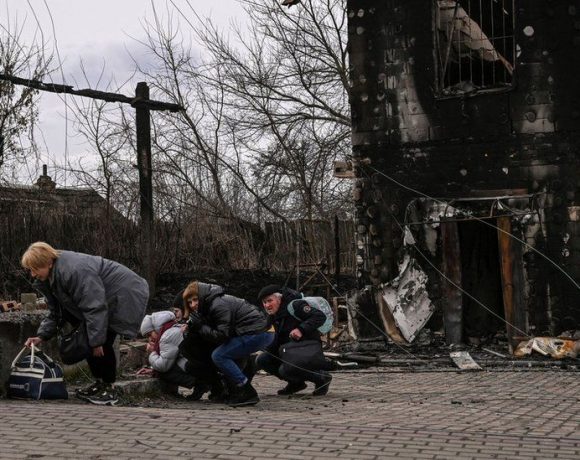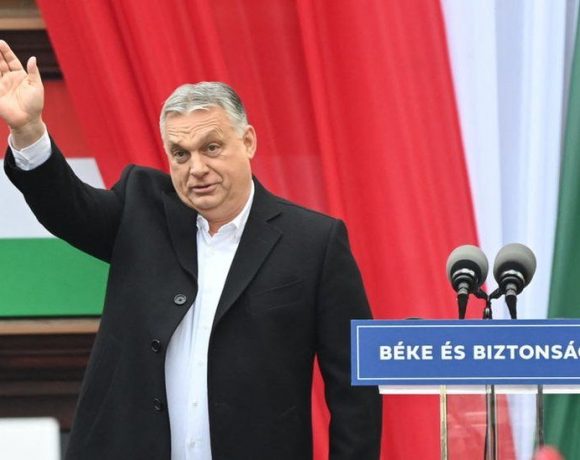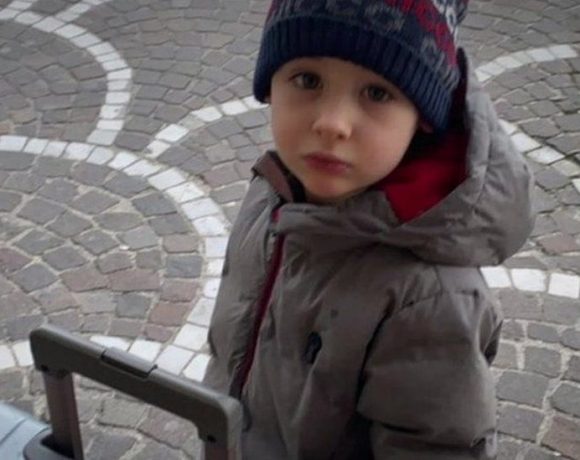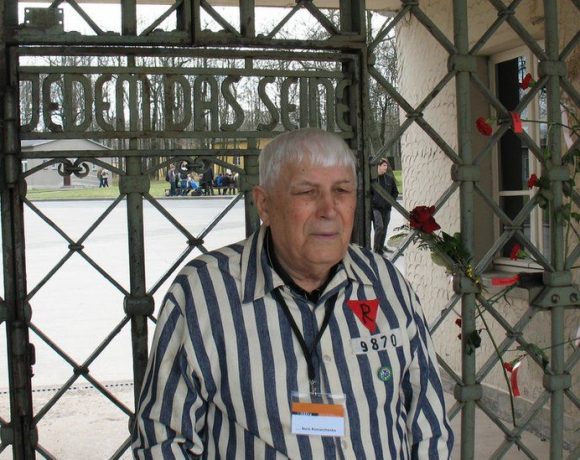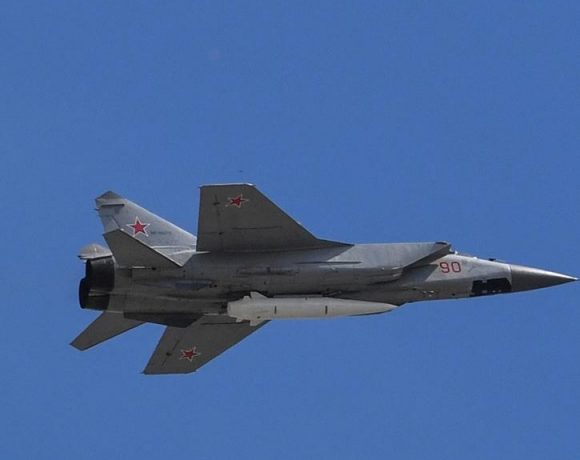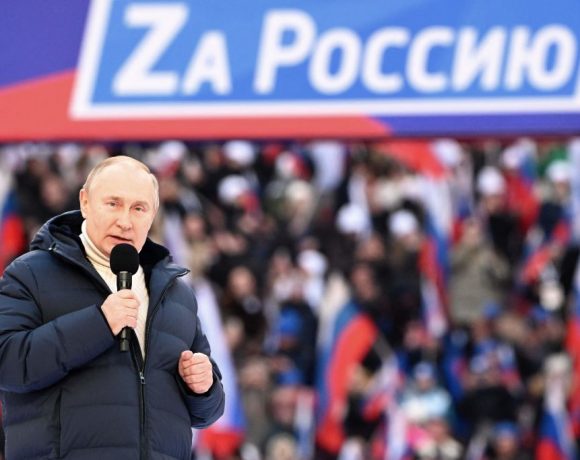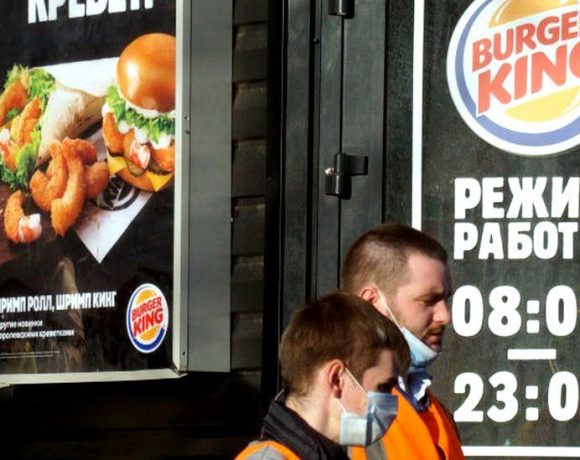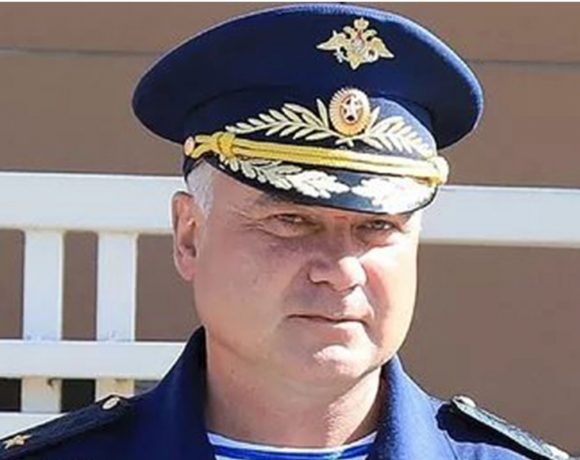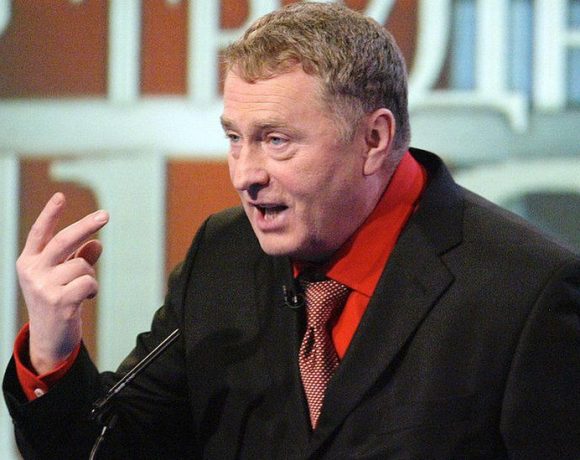
Vladimir Zhirinovsky, a Russian ultranationalist politician, died at the age of 75, after a career marked by fiery remarks and absurd antics.
He ran for president six times and was a member of the official opposition that President Vladimir Putin tolerated. He appeared to predict Russia’s attack on Ukraine in December. He claimed to have received eight doses of Covid-19 vaccine. After being admitted to the hospital with pneumonia, he contracted coronavirus and died a few weeks later.
After two earlier reports had been discounted, parliament speaker Vyacheslav Volodin finally confirmed his death on Wednesday.
“A man who deeply understood how the world works and foresaw a lot,” he said of Zhirinovsky, who was always in the thick of things. During his more than 30-year political career, Zhirinovsky’s brand of clownish ultranationalism shocked and entertained Russians.
He claimed in the early 1990s that he fantasised about the day “when Russian soldiers will be able to wash their boots in the warm waters of the Indian Ocean.” In one of his final appearances before MPs, he predicted that Russia would invade Ukraine and predicted the date almost to the minute.
From the Baltics and Germany to Japan and the Middle East, he faced similar threats throughout his career. When he threw juice in the face of a political rival, Boris Nemtsov, during a TV debate, he became famous around the world.
He ran a Soviet state-approved Jewish cultural organisation before entering politics. His Liberal Democratic Party of Russia was the country’s first official post-communist political party, and he was widely regarded as a Soviet stooge at the time. When his party won Russia’s first democratic elections in 1993, Russians and the rest of the world were stunned.
Picture Courtesy: Google/Images are subject to copyright

